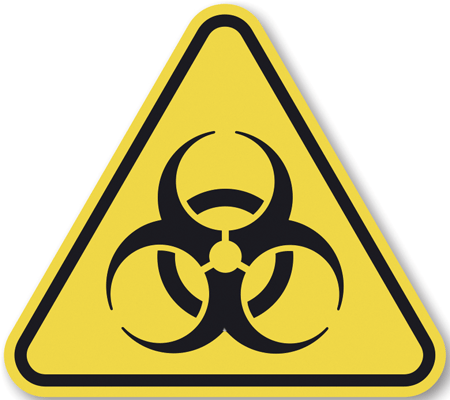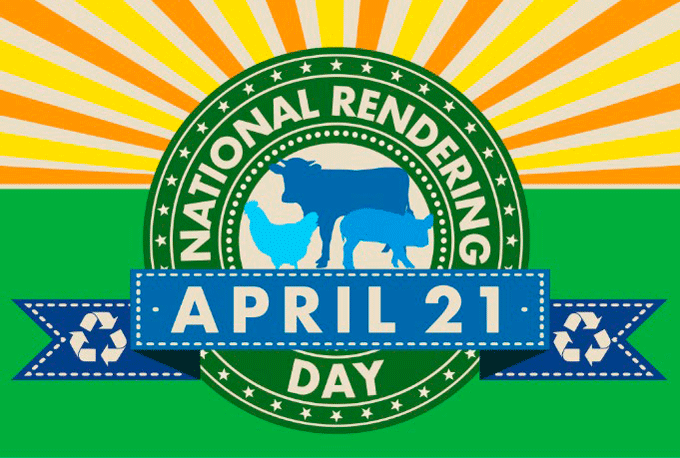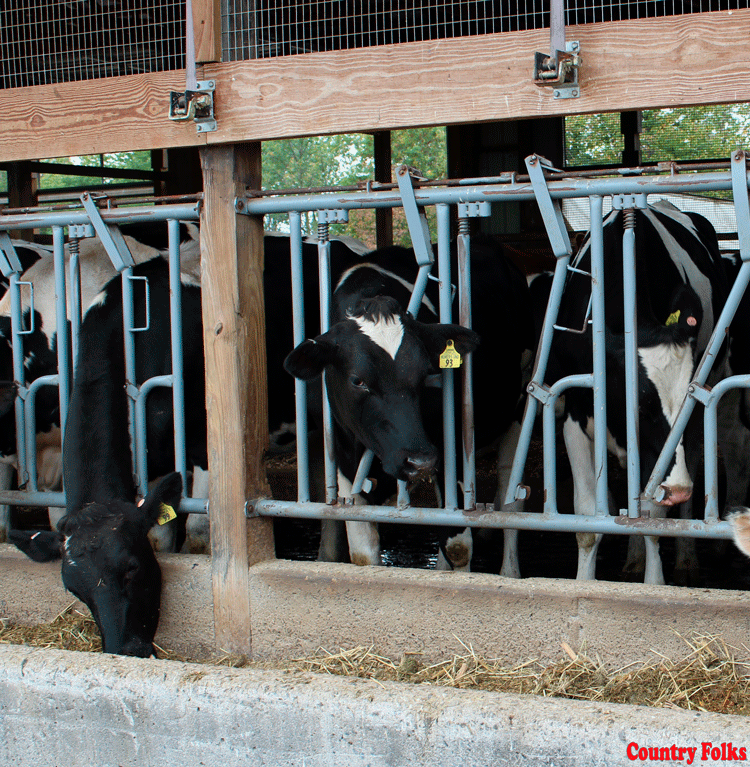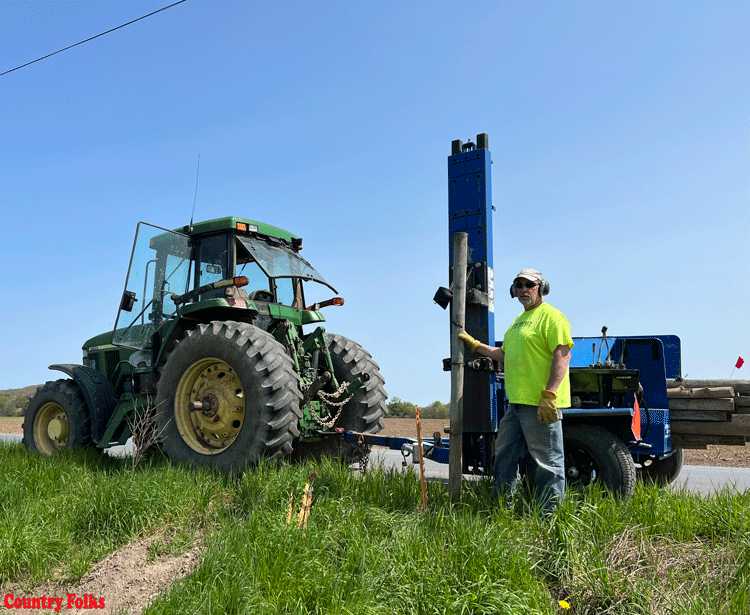April is tax time! Many of us are scrambling to get all our files and numbers in order to file our income taxes by April 15. For those who have an income-producing farm or barn, keeping barn records is an important part of doing business and part of the procedure of filing yearly taxes.
But what if you don’t have an equine business, just a horse or two that you keep as a hobby? Is it necessary to keep barn records for this purpose? The answer is yes, it’s a good idea no matter what size your barn or farm happens to be.
There’s a lot that goes into keeping horses, from barn duties to feeds and feeding, veterinarian visits, trimming/shoeing, vaccinations, deworming, dentistry, exercise, training, showing, trail riding and the like. If you keep records of all that you do, it can be less overwhelming, especially for new horse owners.
Having up-to-date records is also important in keeping your horse in good health. You’ll have instant access to when the last deworming took place, for example, or when the horse was last vaccinated for rabies – important to know if a rabid animal was sighted in your area – or had a tetanus shot, in case the horse suffers a wound.
You can keep a calendar and notebook handy near or in the barn, or if you are comfortable in keeping records on the computer, there are programs and software that are pertinent to horse keeping that will make things even easier. Ideally, you can keep a daily record in the barn where you mark down things as they happen, and then transfer that to the computer program for a permanent file in the house.
A quick check online of “software for horse keeping” provided a number of options and descriptions of what each program offers: HorseRecords, Horsebills, BarnManager, FarmRaise, EquestFile and Equicty. Many are free and provide a guide or template for getting started in keeping records.
To begin, you should have a main page with all the information you have when you first purchased your horse – name, registry information if any, date of birth, where it came from and what you paid, if applicable. Your horse should come with a record of vaccinations and a negative Coggins test and farrier and dental records in addition to contact information of who provided those services. It’s a good idea to include a photo of your horse when you first brought it “home.”
Important information you should record includes:
- Contact information – The best numbers to contact you and the nearest neighbor or someone to call in case of emergency, as well as phone numbers for the veterinarian, farrier, dentist, trainer and nearest equine clinic.
- Feeds & feeding – Record what kind of feed the horse was given when you first got it and what you are feeding now. In addition, include any supplements, vitamins, medicine/anti-inflammatory meds and the type and amount of hay fed daily.
- Professional services – Veterinarian visits: record vaccinations and any injuries or treatment provided by the vet; health certificates; deworming history and which products were used; farrier: trimming/shoeing records; dentistry: when the horse’s teeth were floated last and how often.
Under vet visits and costs, it’s helpful to include baseline vital signs so that you’re familiar with your horse’s normal respiratory rate, pulse, etc. When you call the vet for an illness or injury you’ll have this important information on hand for comparison.

Your horse records should include height, weight and records of vitals such as respiratory and heart rate, for comparison purposes. Photo by Judy Van Put
Also include any medical incidents, injuries, x-rays, blood work and tests for Lyme, Cushing’s, etc.
- Photographs – Years ago we had an aged mare who was losing weight; we consulted with our veterinarian who suggested a supplement, and also suggested we photograph the mare from the front, back and each side every week for a couple of months. We were happy to do so, as we could see the improvement in her weight, slowly but surely, as we continued to give her the supplement. It also provided a baseline of her condition for the vet.
- Breeding & foaling records – This can be its own file, whether a stallion or a mare, and should contain all pertinent information.
- Showing/organized trail rides or events – Including costs, results, certificates, any training the horse may have had and the like. If you travel regularly to participate in shows, clinics or events, you might consider having a duplicate file for those records – a list of vaccinations, negative Coggins certificates and any other information necessary for travel and showing. You may want to leave this duplicate file in your horse trailer for easy access.
- Costs – Farrier and veterinarian bills, dentistry bills, feed and supplement bills, amounts of hay purchased, bedding, tack and supplies, stable or boarding fees and training fees included. Also note costs involved with any other expenses incurred from managing your horse and barn. This will help you when tax time comes around to have a snapshot of all the fees incurred in keeping a horse. If you have more than one horse, maintain a separate notebook or file for each one.
- Barn records – For those who have their own barn, in addition to keeping records for your horse, you might want to consider creating a separate file for your barn. Keep track of all invoices from barn maintenance – costs from painting, electric work, windows/doors, roofing and repairs of the building. Also record any expenses with regard to fencing, gates and repairs. Last year we had a tree and several very large branches come down in our paddock and we needed to contact a tree removal company. We recorded the cost for removing the trees and kept the service number handy.
You can also keep records of pasture maintenance – mowing, fertilizing, seeding and the like – to be aware of how well you maintain your pasture.
Although you may record your hay expenses in your horse file, it’s a good idea to maintain a record of how much hay you order and store, as well as bedding, whether shavings or bulk bedding deliveries.
Lastly, don’t forget to keep contact information in your barn file for anyone who has provided professional services for your barn and property for future use.
Keeping records will make your job of keeping horses much easier and more efficient. And when “tax time” rolls around again next year, you’ll be better prepared.
by Judy Van Put










Leave A Comment